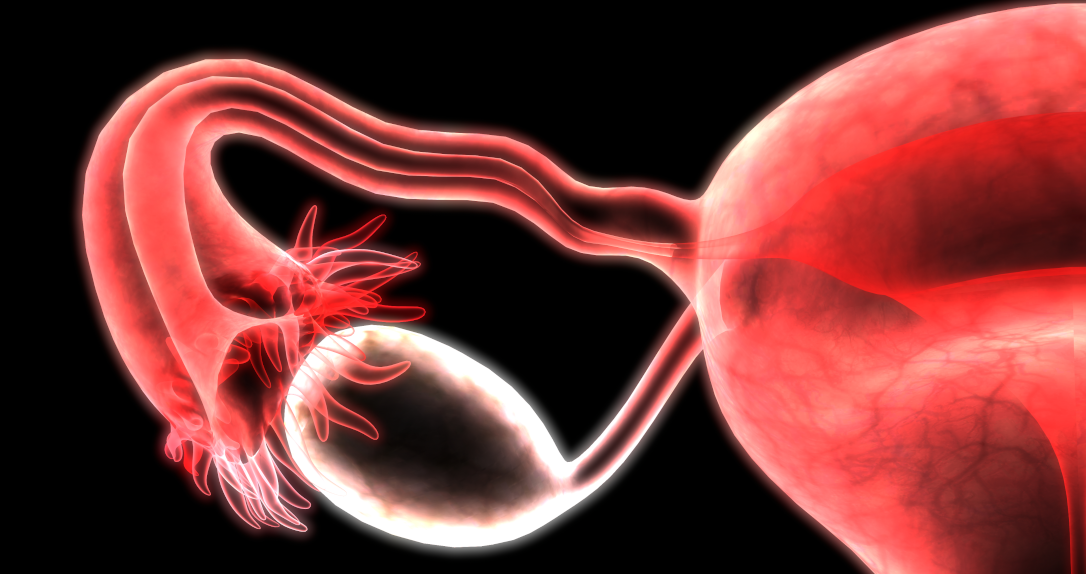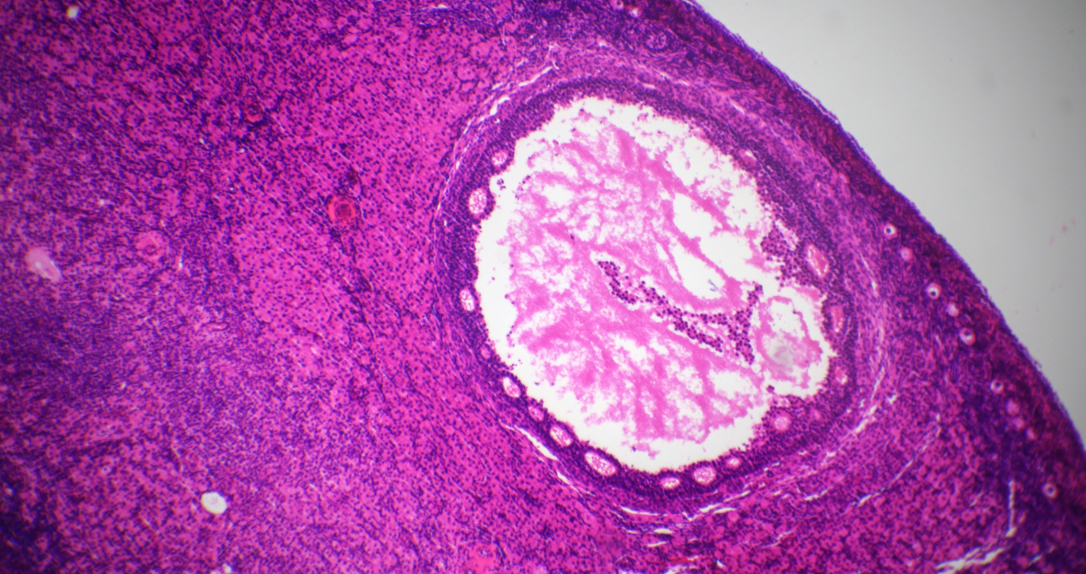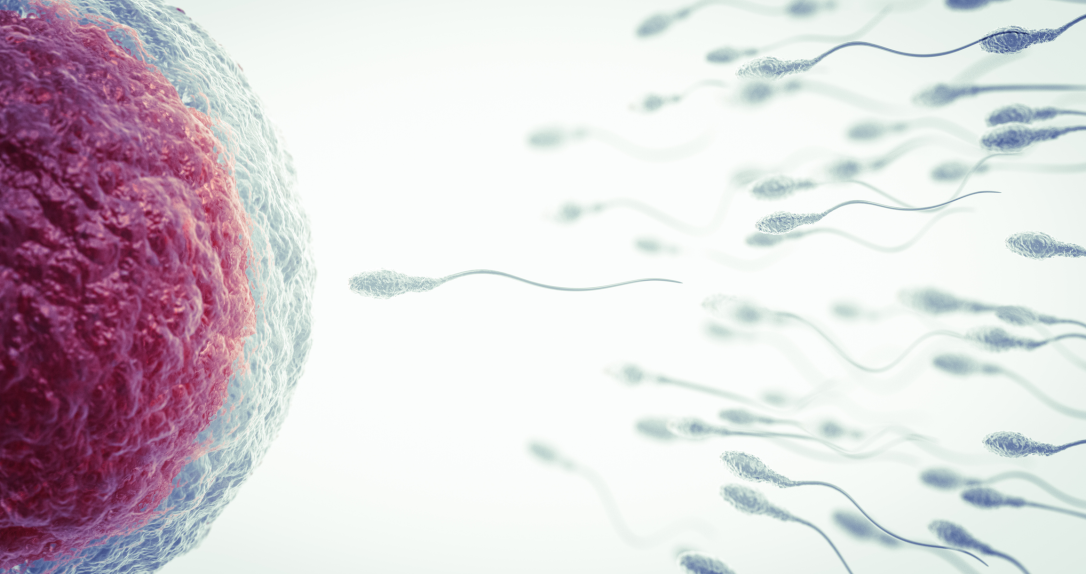
Ovulation induction is a general term used to describe an intervention that causes the ovaries to produce eggs. This process treats women who have anovulatory cycles or PCOS (Polycystic Ovary Syndrome) and do not ovulate naturally. Stimulating the ovaries induces the development of one or multiple eggs for treatment such as IVF or IUI. Different medications may be used to achieve ovulation induction
Ovulation Induction is an introductory fertility treatment that stimulates egg growth and ovulation prior to a treatment elected with your treating physician. This process is usually combined with timed intercourse or an intrauterine insemination to result in pregnancy.
Ovulation Induction may be an option for women who have been diagnosed with an ovulation disorder. Ovulation disorders often occur when menstrual cycles are infrequent, irregular, or absent known as anovulation.
Ovulation induction, can result in the development of multiple eggs for treatment such as IVF. When it comes to ovulation disorders, there is a chance of attaining a successful pregnancy without treatment intervention when using only medication and Timed Intercourse.

Some women may develop the eggs naturally, while others may need the assistance of hormonal medications to help in recruiting a follicle.
Letrozole helps with egg development by stimulating the release of follicle-stimulating hormone (FSH) and luteinizing hormone (LH) by the endocrine system. These two hormones (FSH) and (LH) guide the recruitment of other hormones that are essential for the ovarian cycle to function effectively. During a cycle, the female’s egg development will be monitored via blood tests measuring (E2) and (LH) levels, also a transvaginal ultrasound scan will be performed to examine your ovaries.
Once a follicle has reached maturity, an injection of human chorionic gonadotropin (HCG) can be administered to induce ovulation. Alternatively, without the use injectable medication, ovulation can also occur naturally once a follicle has been recruited, and then we can pinpoint when ovulation will take place.

If an ovulation cycle calls for timed intercourse, you will be advised of timing. To increase the amount of sperm ejaculated into the vaginal canal, we recommend the male partner abstain from any type of ejaculation for 3 days prior to the trigger day. An abstinence period that is too long has no benefit and can even have a negative impact on the quality of the semen sample.
If your ovulation induction protocol calls for an IUI (Intrauterine Insemination) – your artificial insemination will be scheduled after trigger.